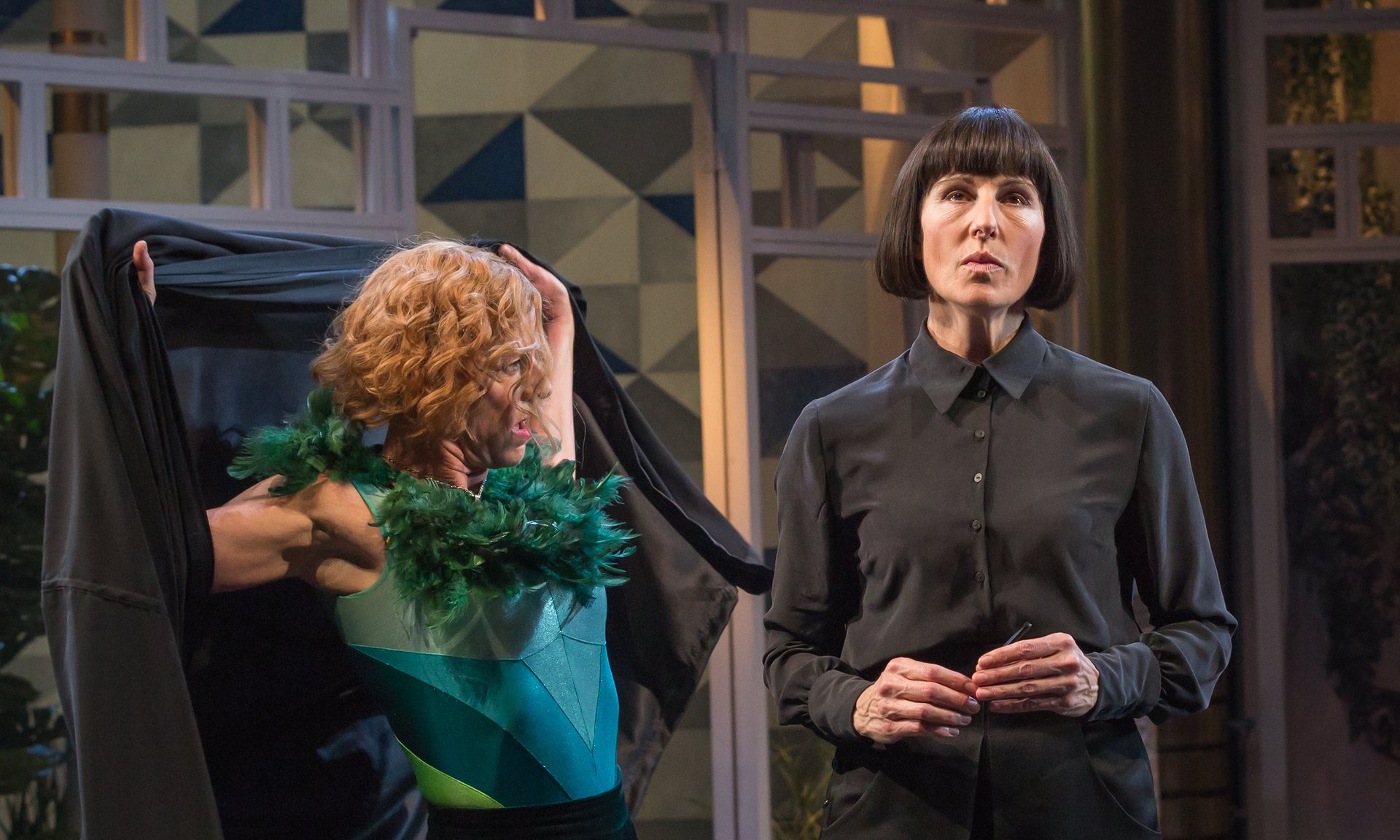After a recent production of Twelfth Night where the notorious comical role of Malvolio was portrayed by actress Tamsin Grieg, some critics have bemoaned the loss of traditional masculinity in theatre. Why? It is understandable to recollect previous productions with a sense of wistful nostalgia, but this shouldn’t corrupt the role for anyone else. Theatre is revered as an exploration; innovative and pioneering in its art. But how can it be anything other than a restriction if something as fluid as gender fetters actors and actresses into former, pre-conceived roles?
Distinct gender roles can hardly be claimed to be an integral component of theatre when men played female roles for years in the original, traditional productions. In a modern, supposedly more accepting, society, how can the breaking of gender boundaries be criticised? To condemn anyone for playing the traditional other gendered role, and playing it well at that, can only be hypocritical and narrow-minded. Such an inversion of tradition is surely a triumph through its own innovation.
To condemn anyone for playing the traditional other gendered role, and playing it well at that, can only be hypocritical and narrow-minded.
Grieg’s performance was applauded by some: “Greig puts in a performance that is both fabulously funny and troublingly dark.” However, others have rebuked her portrayal because of previous standards set by Donald Sinden, Derek Jacobi and Stephen Fry. The puritanical epitome of the supposed ideals of manhood that Malvolio is so notoriously renowned for remains, but transposed. It also introduces a subtle reminder of female sexuality between the re-christened Malvolia and her mistress Olivia – both refreshing and significant.
The National Theatre has committed to several other investments: a production of Peter Pan with Captain Hook as a woman and a revival of Peter Shaffer’s Amadeus with Salieri played by Lucian Msamati. Doon Mackichan also played Feste in the Twelfth Night production. Glenda Jackson portrayed King Lear last October following Michelle Terry as Henry V. These representations could explore the intricacies of gender dichotomy, regardless of the traditional perception the characters
These representations could explore the intricacies of gender dichotomy, regardless of the traditional perception the characters
Glenda Jackson raised an interesting flaw in the arts: “Why do creative writers find women so boring or stick us in some homogeneous box that we are all the same? Partly because that is still the prevailing view, nine times out of 10. A woman is a success, it is deemed she is the exception to her gender rule, a woman fails and it just proves women are all essentially failures, I don’t see any change in that at all.”
This homogeneity is the very antithesis of what theatre should be. Indeed, why should anyone be constrained within the parameters of an ancient custom? If the very actors cannot adapt to changing perceptions and ideas, it seems a bit much to expect an audience to also regard and appreciate such a limited performance. Directors should continue to regard potential roles as ‘gender-blind’, because surely it is the actor or actresses’ talent and commitment to the role that should render judgement, not what happens to be under their clothes.
Stephanie Bennett
Image courtesy of Marc Brenner

